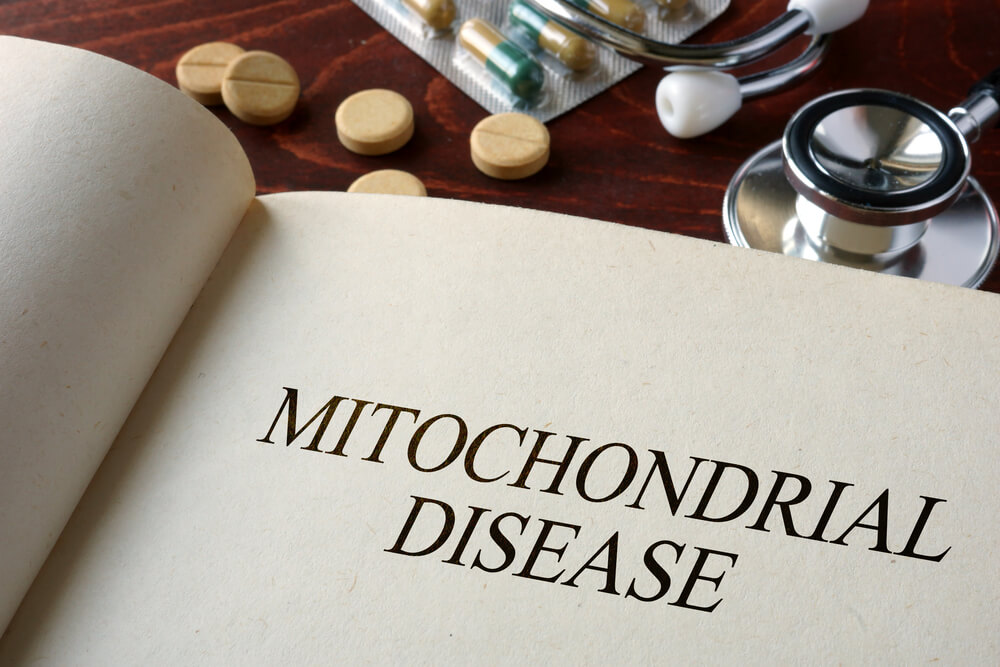Mitochondrial diseases are chronic, hereditary, and inherited disorders in which the mitochondria break down to generate enough energy for the body to function correctly. It is present from birth and develops at any age. Furthermore, it affects the brain cells, kidneys, heart, liver, nerves, muscles, ears, eyes, and pancreas.
The primary cause of mitochondrial disease is a genetic disorder that can be passed from parents to children in various ways.


